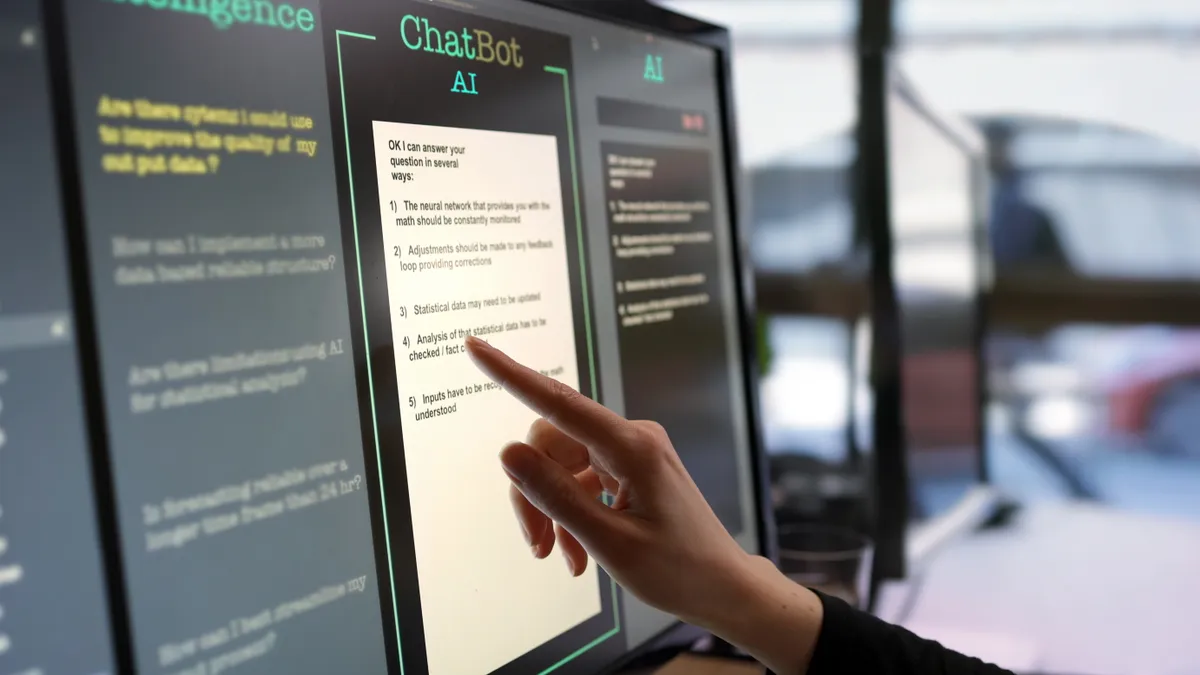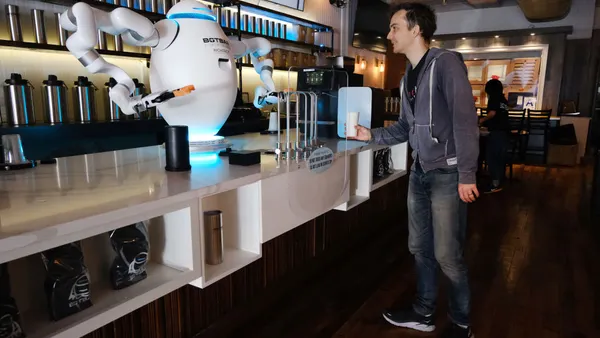Despite uncertainty about generative AI developments, 57% of workers globally say they’re ready for reskilling and retraining in new roles to remain ahead in their career, according to a June 13 report from Boston Consulting Group, The Network and The Stepstone Group.
Three-quarters of workers said they believe generative AI will bring some level of disruption to the workplace. At the same time, many remain confident; about 64% said they still hold the upper hand when negotiating for jobs.
“We are seeing a rapid evolution and maturing of employee views toward AI, and a crucial recognition that a commitment to continuous reskilling will ensure long-term employability,” Jens Baier, managing director and senior partner at BCG and leader of the firm’s work in HR excellence, said in a statement.
In a survey of more than 150,000 workers across 188 countries, many workers appear to be taking a proactive approach to generative AI developments. While job security has surged in importance since 2021 to claim the top spot in worker preferences, learning and career development has increased as well.
Workers also expressed clear opinions about what they don’t want in the current labor market. About 54% said they would refuse an attractive job offer if they had a negative experience during the interview process. In addition, 40% said they wouldn’t work for a company that doesn’t offer mental health support or that has a perceived negative impact on society.
Earlier this year, Udemy reported a surge in demand for AI, IT and leadership training. Although workers are interested in applying new tech skills, they also want to develop “human” skills that AI can’t replace, such as active listening and customer service, the report said.
As employees express interest in upskilling and reskilling, most business leaders are concerned they can’t train workers quickly enough to keep up with AI and tech developments in coming years, according to a World Employment Confederation survey. Leaders in the survey said it’s never been so hard to plan for future talent requirements, especially with flexible workforce needs requiring online talent platforms, more contingent workers and more internal flexibility.
In fact, about 90% of HR leaders believe up to half their workforces will need to be reskilled in the next five years as AI developments roll out in workplaces, according to a PeopleScout and Spotted Zebra report. To do so effectively, leaders will need to keep employees in mind, communicate their plans for the future, address fears and ensure employees receive the training they need, the report found.













